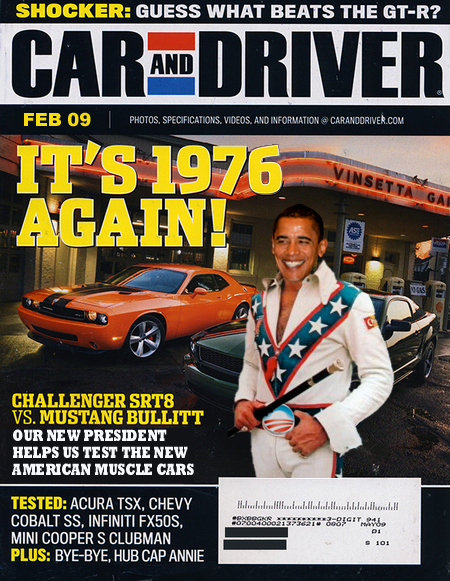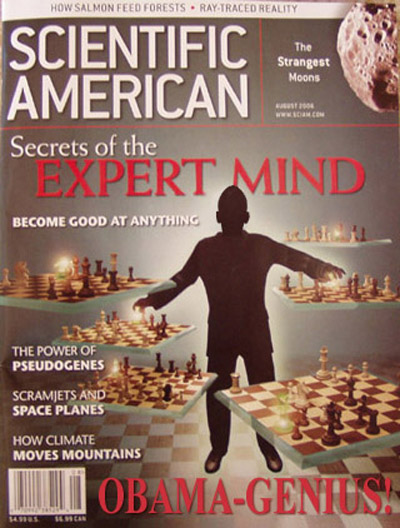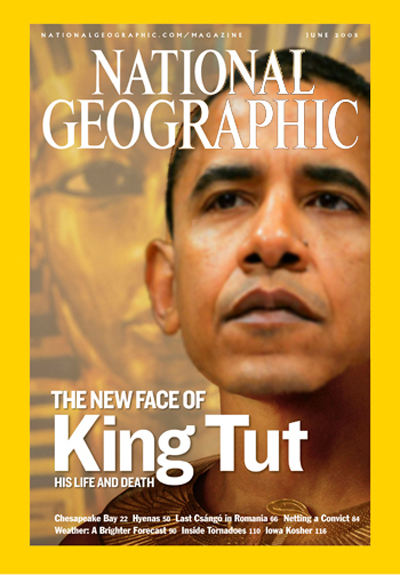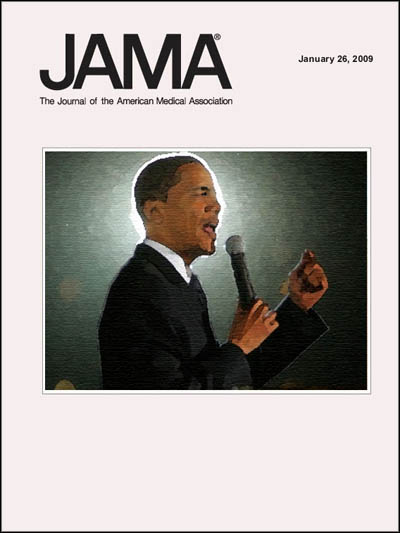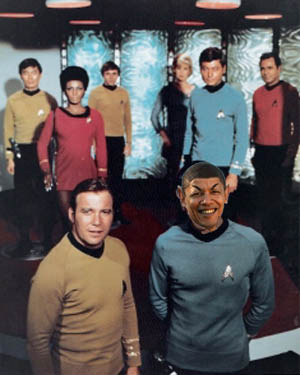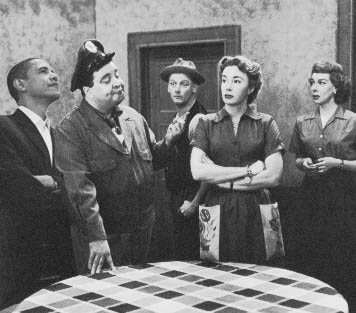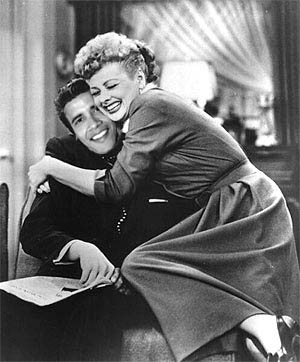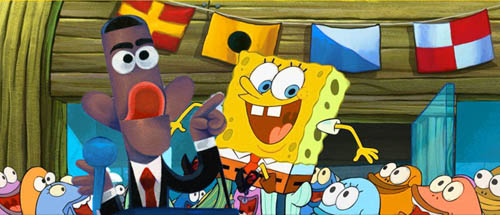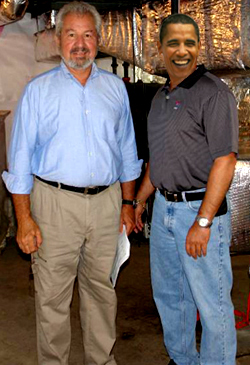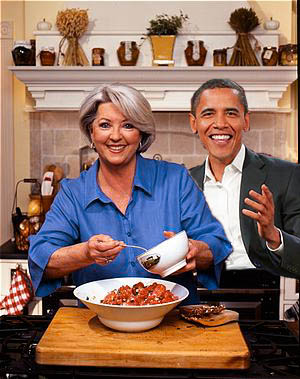Toward the end of 2018, I wrote a Facebook post on the concern I feel about the new popularity and availability of marijuana. I had been there in the sixties when it rolled out of the closet into the middle class, and I had firsthand knowledge of the fact that, all claims to the contrary notwithstanding, “weed” was and is absolutely a gateway drug. I went on to identify a phenomenon that has been quite invisible in American culture, in terms of media coverage and general public awareness. Call it a dog that didn’t bark in the night, in this case the striking absence of Baby Boomers from the list of great creative achievers in writing, music, fine art, and film. A body of momentous work that should have been there and just isn’t. I wrote:
<<…and I’m asking myself a big question… what have they [the Baby Boomers] accomplished in the creative arts over two generations? From where I sit, not much.
Fine arts like museum quality paintings, forget it. Since Picasso dismantled the shapes and forms of art and Matisse proved only a few simple lines is all that’s necessary in drawing, Dali finished things off by proving a crazy artist is the key to the city. So there was Warhol and then no one.
Certainly nothing to write home about in writing either. The novel has been dead since the last drunken old fool typewriter-jockey passed away. But they managed to leave a lot behind… Faulkner, Waugh, Hemingway, Fitzgerald, O’Hara, Cheever, Thurber, Benchley, Dorothy Parker, Raymond Chandler, et cetera. Where are the creative writers of today? Self indulgent and often sleazy autobiographical tripe, bad sci fi, cliched detective stories, graphic novels, and truly awful, incoherent, unwatchable movie scripts… well, nothing really. Want to hang your hats on Hunter S. Thompson, Quentin Tarantino, or Marvel Comics? Be my guest.
It’s a similar story with music. Most of you don’t know that the real creative burst in sixties and seventies rock, pop, and soul came from musicians born before the Baby Boom, before blacked out teenage bedrooms smelling of incense and fat kids with munchies. The impact of the great initiators has faded as they have died away through time. We all really know there’s no music left. No sense of adventure or real romance, nothing breakthrough or life-changing. Just auto-tune and scummy lyrics. Something I’ve been thinking about a lot — What people used to talk about when they were being bad with substances they weren’t supposed to have. Drinkers used to talk about all the wild stuff they’d done drunk and would be doing later tonight. Apparently a good many of them went on to write about such adventures and their consequences. Potheads talked, still do I suspect, about how good the weed is and how stoned they are. Then they do it all over again. Where are the Cheetos? I think that’s where the creativity of youth disappeared down the rabbit hole. I think that’s why people below a certain age really don’t have much to talk about, and they don’t know how to talk about it anyway. Never really did the talking thing. Or the doing thing. Or the damn-the-torpedos breakthrough thing. They had more Cheetos instead. And then dribbled out a Piss Christ or two on the way to the john.
Thinking all this has something to do with why people don’t read, can’t spell, can’t frame an argument in favor of some worthwhile objective… in fact, they think an argument is always about tearing down someone else’s stated opinion, like a good lawyer would, only they weren’t so hot at the LSATs either and so they have to argue by calling everyone they disagree with vile names.
I’ll stop there. I’m well aware of the span of attention issue. Have a great and relaxing evening. Ciao.>>
It was an observation by an eyewitness to the turbulent years that led to our own turbulent era. An observation that’s difficult to prove in factual terms. But data do exist, and it is fair to examine the data and draw personal conclusions from them. That’s why, with some prompting, I compiled the following list. Some will see only critical omissions and cherry-picked selections in the list. But a couple of hard facts I do want to stress. The Baby Boom is a very specific, dateable phenomenon. It begins precisely at the end of World War II in August 1945, in the United States specifically, when American troops started coming home to resume their lives, marry, have children, and launch an amazing new generation of American prosperity. The Boom officially ended in 1964 when birth rates returned to normal levels. The children of the boom were so numerous that they constituted, and still do, a bubble in the census timeframe. Theirs was a generation widely praised as the healthiest, most favored, most talented, most promising ever. They had all the advantages and their parents, members of the so-called Greatest Generation that survived the Great Depression and won WWII, were proud to death of them. Now let’s take a look at what they accomplished over 60-some Years in the creative realms where all that talent should have shone like gold.
The List
Dates shown are birthdates. Obviously more names can be included. Tried to focus on those who were especially brilliant, pioneering, innovative, and/or trend-setting. Left out the interpretive arts like acting, singing, musicianship, etc, which are in this context secondary in terms of creative contribution. No Denyce Graves, no Tom Hanks, no Joshua Bell. Necessary omissions.
Writing
– Novelists
– Narrative Journalists
– Playwrights
– Screenwriters
– Poets
Not much to be said here, really. These were the famous ones, the celebrated ones whose works topped the bestseller lists, as well as the ones who drew the warmest praise in The New York Review Of Books. Only two problems. 1) All those celebrated ones, fifty years worth weren’t Baby Boomers. The dinosaurs managed to kill both the novel and serious drama without their help. Even the most popular popular thrillers sold by the millions with no Baby Boomer contribution; and 2) Not even these guys came close to equalling the achievement of George Orwell, whose 1984 — published a year before his death in 1950 — was the most important book published in the first half of the century. It’s all been downhill ever since, which I believe he was warning us about in a book called 1984.
J. D. Salinger (1919)
Jack Kerouac (1922)
Kurt Vonnegut (1922)
Joseph Heller (1923)
Tom Wolfe (1930)
John Barth (1930)
Donald Barthelme (1931)
John Updike (1932)
Hunter Thompson (1937)
Thomas Pynchon (1937)
Joyce Carol Oates (1938)
Charles Bukowski (1920, Germany)
Alan Ginsberg (1926)
Langston Hughes (1926)
Maya Angelou (1928)
Sylvia Plath (1932)
Toni Morrison (1931)
Alice Walker (1944)
Lawrence Ferlinghetti (1919)
Saul Bellow (1915)
Norman Mailer (1923)
ee cummings (1894)
Susan Sontag (1933)
Truman Capote (1924)
William Styron (1925)
Philip Roth (1933)
Samuel Beckett (1906)
Arthur Miller (1915)
Thornton Wilder (1897)
Harold Pinter (1930)
Mickey Spillane (1918)
John D. McDonald (1916)
Ross McDonald (1915)
Sue Grafton (1940)
Ann Rice (1941)
————————————————-
David Mamet (1947)
Stephen King (1947)
Patricia Cornwall (1956)
Music (Composition/Songwriting)
– Classical Composers
– Rock and Roll
– Country/Western
– Soul
– Jazz
– Movie Scores
Probably the most important category for our purposes. It’s the one the most people will be familiar with. The Baby Boomers have loudly and long taken credit for the creative music explosion that got underway in the late 1960s. Rock and Roll. Rhythm & Blues. Soul. Country Western ‘outlaws.’ Folk/Rock. Not much in Jazz, of course, because everyone knows heroin killed Jazz stone cold dead, and that wasn’t the Baby Boomers’ fault. Problem with this little thumbnail history is that the most important part of it isn’t true. You can’t avoid seeing the cluster of music star births in the years 1939-1944. These are not Boomers. They’re War Babies. And despite their much smaller numbers (dads away at war and all), they generated the Sixties Music Revolution almost all by themselves. And an incredibly high percentage of them were not Americans but Brits (marked * below)). The Beatles, the Stones, the Kinks, The Who, Pink Floyd, The Animals, Led Zeppelin, and others shaped everything that happened afterwards in Rock and Roll. Which is extinct now as a medium that still produces great works. Like musical theater, rhythm & blues, classical music (including opera and ballet), and the aforementioned Jazz. Movie scores. All the greats that scored the big movies we watched are also out of commission and not being replaced except by derivative pop music bands. John Williams, Henry Mancini, and Ennio Morricone. Seen their heirs anywhere? What can the Baby Boomers legitimately lay claim to in terms of their contribution to music in the last 60 years? Maybe 15 pop musicians who will either be remembered or worth remembering.
Philip Glass (1937)
*Andrew Lloyd Webber (1948)
Stephen Sondheim (1930)
John Williams (1932)
Miles Davis (1926)
Chuck Berry (1926)
Bob Dylan (1941)
*John Lennon/Paul McCartney (1940/1942)
*Mick Jagger/Keith Richards (1943/1943)
*Roger Waters/David Gilmour (1943/1946)
*Jimmy Page/Robert Plant(1944/1947)
*Ray Davies (1944)
*Pete Townshend (May 1945)
*Eric Burden (1941)
*Eric Clapton (March 1945)
Jimi Hendrix (1942)
Elvis Presley(1935)
Roy Orbison (1936)
Johnny Cash (1932)
Leonard+ Cohen (1934)
Janis Joplin(?)(1943)
Joni Mitchell (1943)
Judy Collins (1939)
Carole King (1942)
Lou Reed (1942)
Jim Morrison (1943)
Jack Bruce (1943)
Grace Slick (1939)
John Denver (1943)
John Fogerty (1945, May)
Jerry Garcia(1942)
Nina Simone (1933)
Smokey Robinson (1940)
Marvin Gaye (1939)
Ray Charles (1930)
James Brown (1933)
Phil Spector (1939)
Otis Redding (1941)
*Freddie Mercury (1946)
*David Bowie (1947, Brit)
*Elton John (1947)
*Ozzy Osborne (1948)
*Bono (1960, Irish)
*Amy Winehouse (1983)
—————————————————-
Jackson Browne (1948)
Stevie Tyler (1948)
Tom Waits (1949)
Bruce Springsteen (1949)
Billy Joel (1949)
Tom Petty (1950)
Pat Benetar (1953)
Prince (1958)
Michael Jackson (1958)
Madonna (1958)
Jay Z (1969)
Tupac Shakur (1971)
Eminem (1972)
Lady Gaga (1986)
Fine art
Pathetic. Fine art is dead too. And no Baby Boomers anywhere near the scene of the crime.
David Hockney (1937)
Andy Warhol (1928)
Christo (1935)
Film
We all know movies suck, have sucked for decades. Why? The real talents retired or died. All pre-Boomer generation.
Gene Roddenberry (1921)
Sidney Lumet (1924)
Sidney Kramer (1925)
Robert Altman (1925)
Bob Fosse (1927)
*Stanley Kubrick (1928)
Francis Ford Coppola (1939)
Brian dePalma (1940)
Martin Scorsese (1942)
George Lucas (1944)
—————————————————-
Steven Spielberg (1946)
Oliver Stone (1946)
Edward Zwick (1952)
James Cameron (1954)
Quentin Tarantino (1963)
Afterword
The Boomers didn’t kill all the creative arts. In most cases they simply left them to die, with never an impulse or inspiration to pick up the fallen standard and raise the corpses back to life. They get participation trophies in the history of late 20th century popular music, but they offered nothing new, uniquely powerful, or vital for their peers and children. That’s the deal. However you mark it, their performance deserves a massively failing grade. Did marijuana play a significant role in that? Yeah. I think so.
 Iris too. The perfect white cat. What does she do? Waits till I’m sound asleep and occupies my lap till I wake. Not kidding. The missus will back all this up.
Iris too. The perfect white cat. What does she do? Waits till I’m sound asleep and occupies my lap till I wake. Not kidding. The missus will back all this up. What should I say about all this? Nothing obviously. what life is like.
What should I say about all this? Nothing obviously. what life is like.



